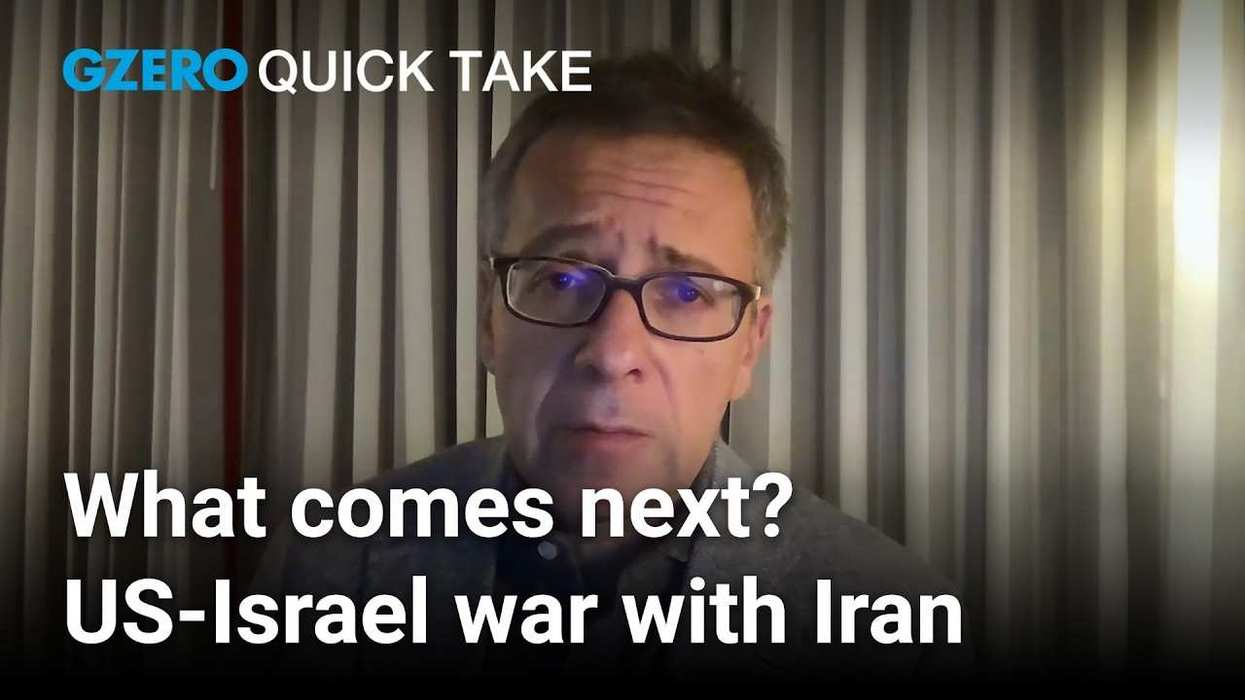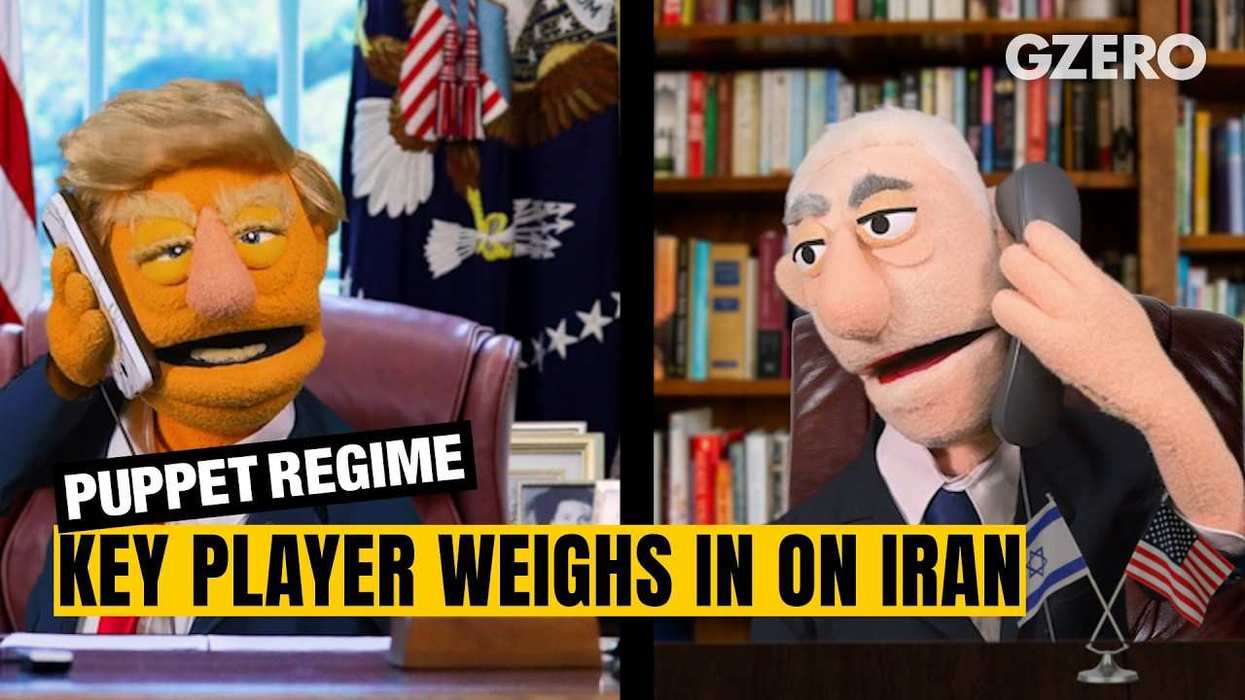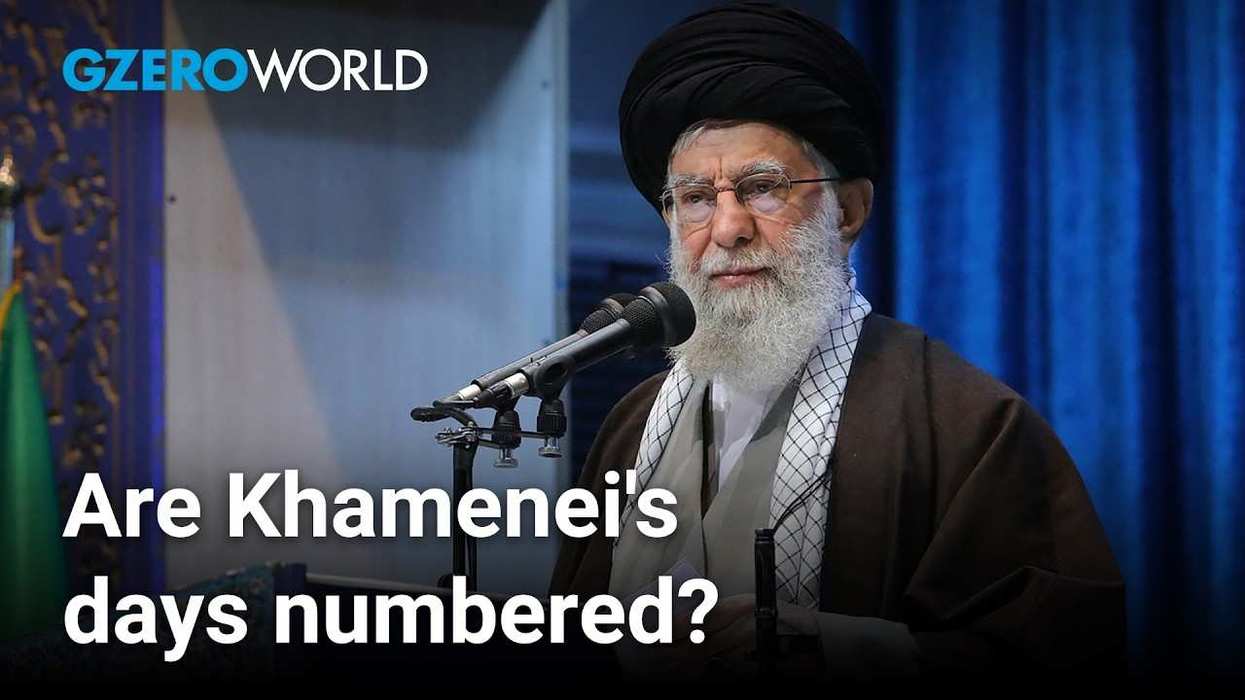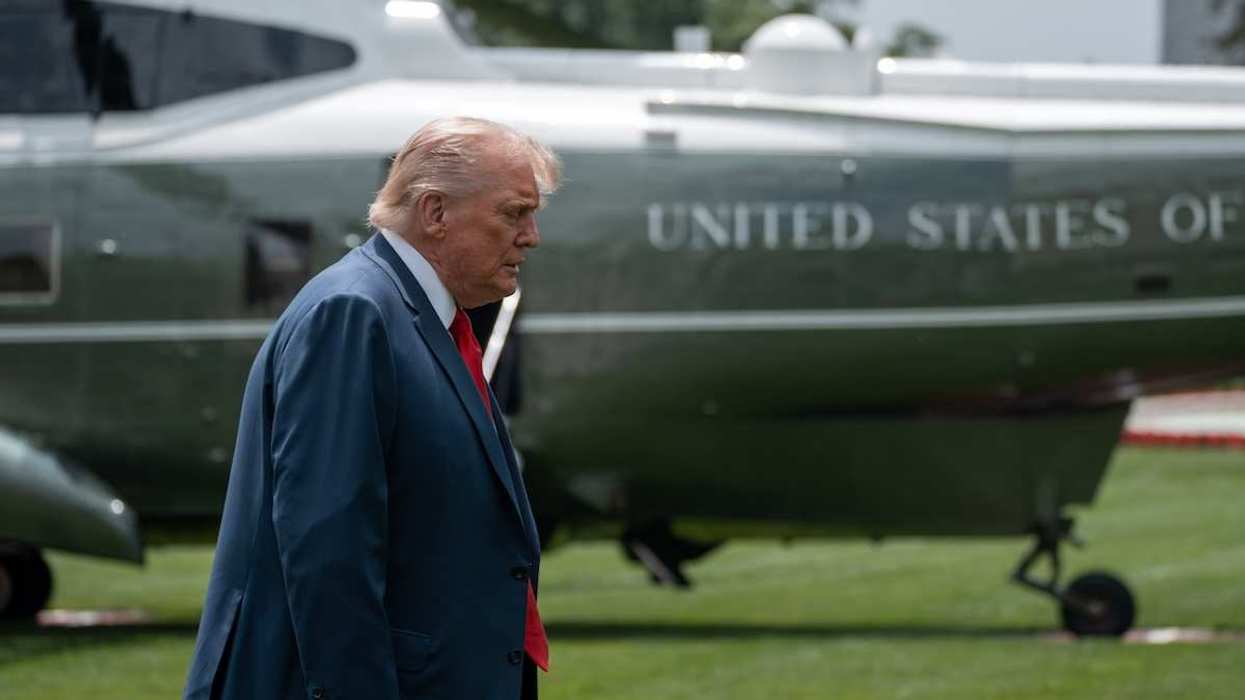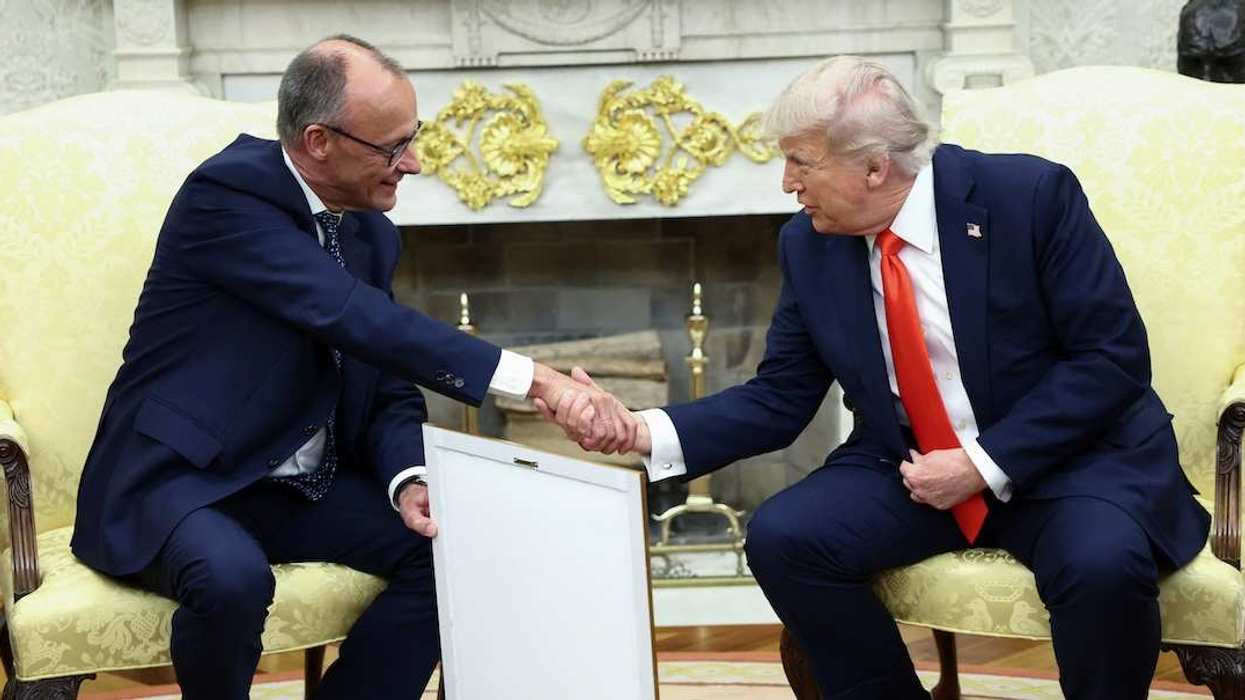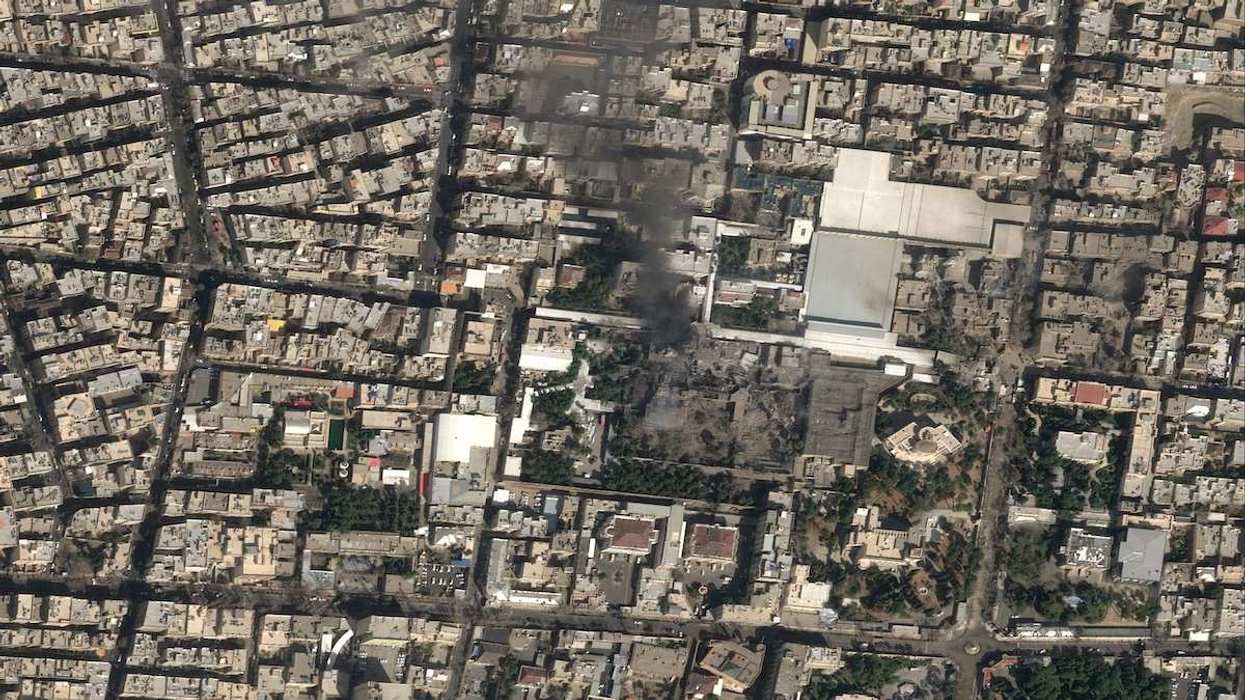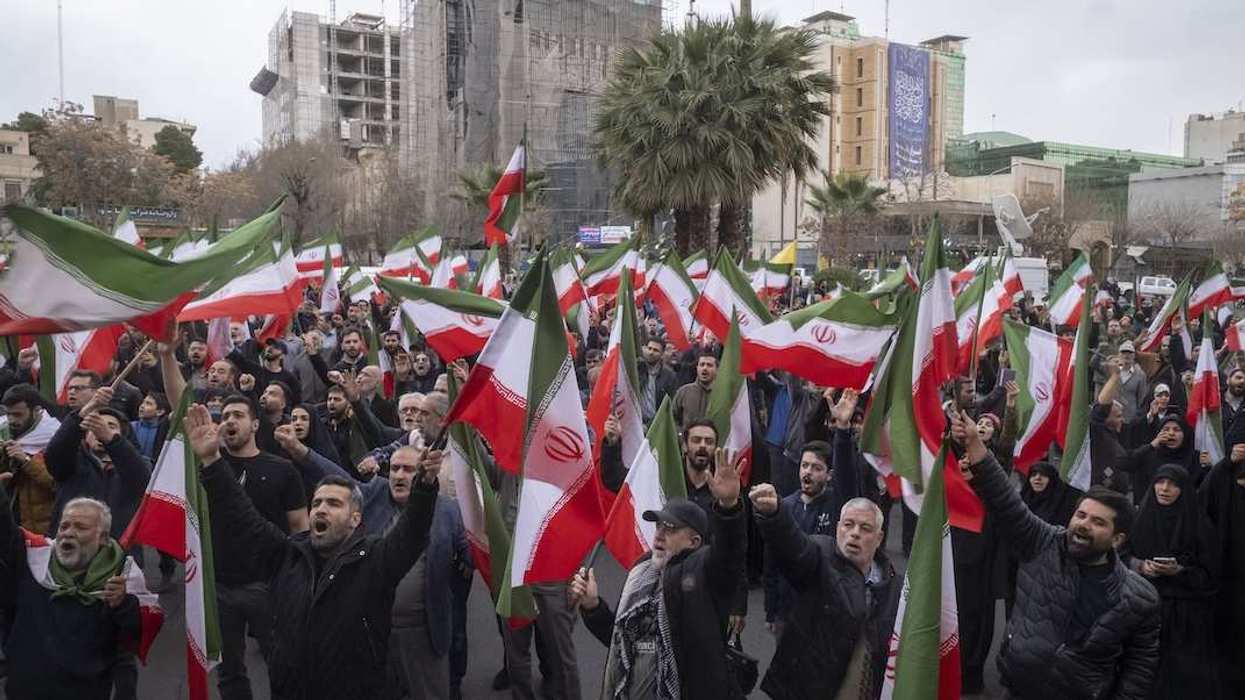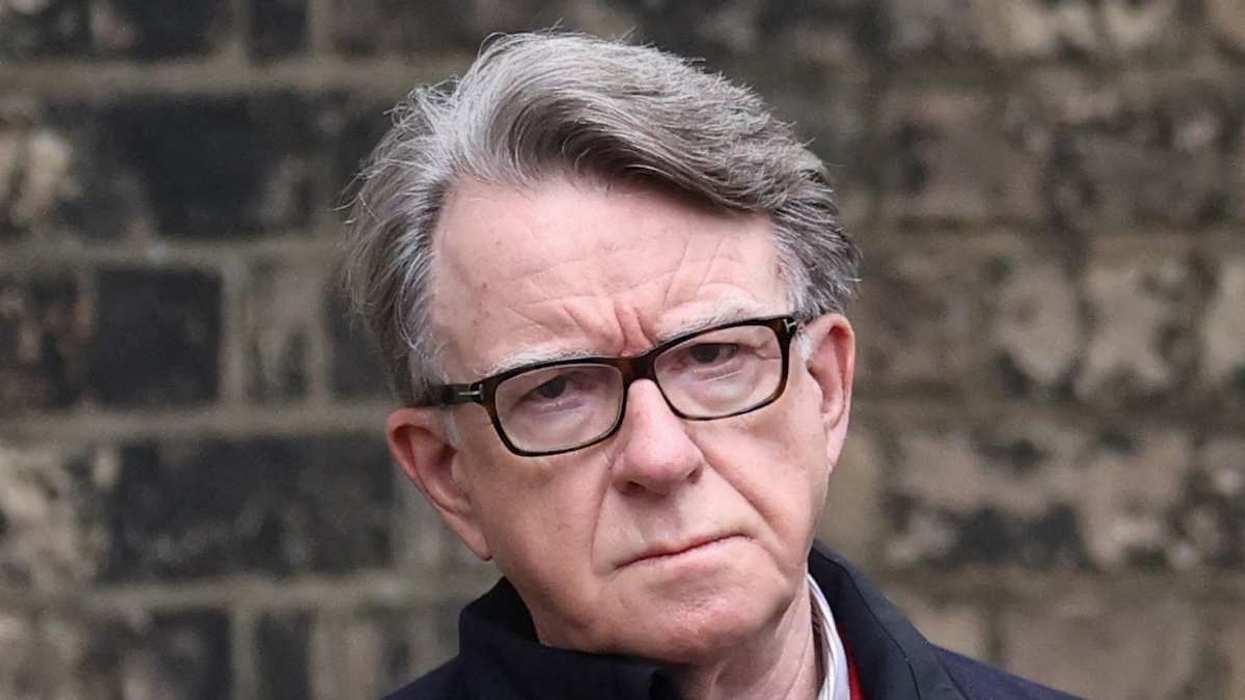It’s been just over a week since US President Donald Trump announced a ceasefire between Israel and Iran. Despite a brief exchange of bombs – and Trump’s f-bomb – in the immediate aftermath of this announcement, a tepid truce appears to be holding, even if questions remain about the extent of the damage to Iran’s nuclear facilities.
But how did the flare-up affect the domestic politics of each country involved? Let’s explore how the 12-day conflict affected the political fortunes of Israeli Prime Minister Benjamin Netanyahu, Iranian Supreme Leader Ali Khamenei, and Trump.
Israel: Netanyahu off the ropes, for now.
Three weeks ago, it looked like Netanyahu was staring into the abyss, with his coalition government on the verge of collapse. He survived the vote, then bombed Iran, destroying parts of its nuclear facilities and killing several senior military officials. As a coup de grace, he got the US to join the cause as well.
The data reflects that this was a success for the Israeli leader. Some 70% of Israelis supported the strikes, per one poll, and he also received an electoral polling bump.
Yet Netanyahu isn’t out of the woods – far from it. Though the fighting has ended with Iran, it continues in Gaza. It’s this conflict – and the failure to retrieve the remaining 50 Israeli hostages – that dominates Israel’s domestic politics right now, and it has put Netanyahu in a Catch-22, per Aaron David Miller, a former US diplomat who is now a senior fellow at the Carnegie Endowment for International Peace.
“He’s trapped between his right-wing coalition partners, and public opinion – but even more important, potentially, Donald Trump,” says Miller, referencing how Netanyahu’s right flank doesn’t want him to make a deal with Hamas, whereas the Israeli public and Trump do.
What’s more, Netanyahu still faces a corruption trial. Miller noted that Israel’s judicial branch hasn’t been afraid to imprison the top public officials – former Prime Minister Ehud Olmert served 16 months in jail for bribery – so “this is not an academic matter” to the incumbent leader.
Still, the aura of success surrounding his Iran mission has changed things for him. And with the next election not due until the fall of 2026, he has room to breathe, politically.
“There’s no doubt that his brand has been enhanced tremendously,” says Miller. “He’s probably under less pressure now than at any time since the government was formed in December 2022.”
Iran: Khamenei is down but not out.
The Supreme leader is “categorically weaker” than he was before the conflict, says Dr. Saram Vakil, an Iran expert at the London-based think tank Chatham House.
The reasons are clear: the war significantly damaged Iran, and exposed its military vulnerability. The Islamic Republic lost control of its own skies, its nuclear facilities were heavily damaged. Its response to Israel inflicted little damage, and, after the US airstrikes, Tehran responded with a feeble, face-saving wave of airstrikes against the US base in Qatar – and they reportedly told Trump ahead of time.
Khamenei tried to claim victory, saying that Tehran had “dealt a severe slap to the face of America,” in his first public address after the ceasefire was announced. However, the 86-year-old “looked very diminished” in the video, per Vakil. He was reportedly hastening succession talks during the conflict while hiding in a bunker.
In a bid to quell any potential uprising and maintain the regime’s existence – Khamenei’s top priority – the Islamic Republic has turned to a familiar tactic: mass arrests, executions, and military deployments. Boosting the public’s support for the regime, though, will require a lot more work.
“He has long been criticized, and I think long been held as responsible for the economic stagnation [and] the country’s standoff with the international community. He’s not a bold leader,” Vakil said of the Ayatollah. “There are no clear or easy avenues for him personally or for the state to re-legitimize themselves.”
There is a saving grace for Khamenei: Iran’s powerful military – the Islamic Revolutionary Guard Corps – is unlikely to overthrow him, per Vakil, and his nuclear facilities remain somewhat intact, at least according to one intercepted call. The supreme leader is down, but not yet out.
United States: Trump celebrates, but also treads carefully
Though initial intelligence assessments were mixed about the extent of the damage to Iran’s nuclear facilities, no American troops died during the attacks and Iran’s immediate response was minor and contained. That seemed to put to rest dire warnings, including from within Trump’s own MAGA camp, that involving the US in another Middle East war would, in the words of former Trump adviser Steve Bannon, “tear the country apart.”
But if the mission didn’t rip up the country, it also hardly united it, according to Larry Sabato, a US politics professor at the University of Virginia.
“Look at the surveys. There’s almost always a rally-around-the flag effect [after a war]. Not this time!”
A CNN/SRSS poll found that just 44% of Americans supported Trump’s strikes on Iran. But his approval ratings – currently in the low 40s – were unmoved by the mission, suggesting that in the end, the relatively limited military engagement has had little political effect.
In fact, if there is something Middle East-related that could cause significant damage to Trump’s ratings, per Sabato, it would be the US getting more involved in the conflict – something few Americans want.
As such, the US president would be wise not to invest too much energy in resolving tensions between Israel and Iran, meaning he will have to work hard to preserve a shaky peace between two bitter adversaries
“Trump’s not going to be the next FDR,” Sabato told GZERO, referencing President Franklin D. Roosevelt’s prominence in the American imagination as a great statesman of both war and peace. “Biden made that mistake – thinking he would be the next FDR – but I don’t think that Trump’s going to be that stupid.”

